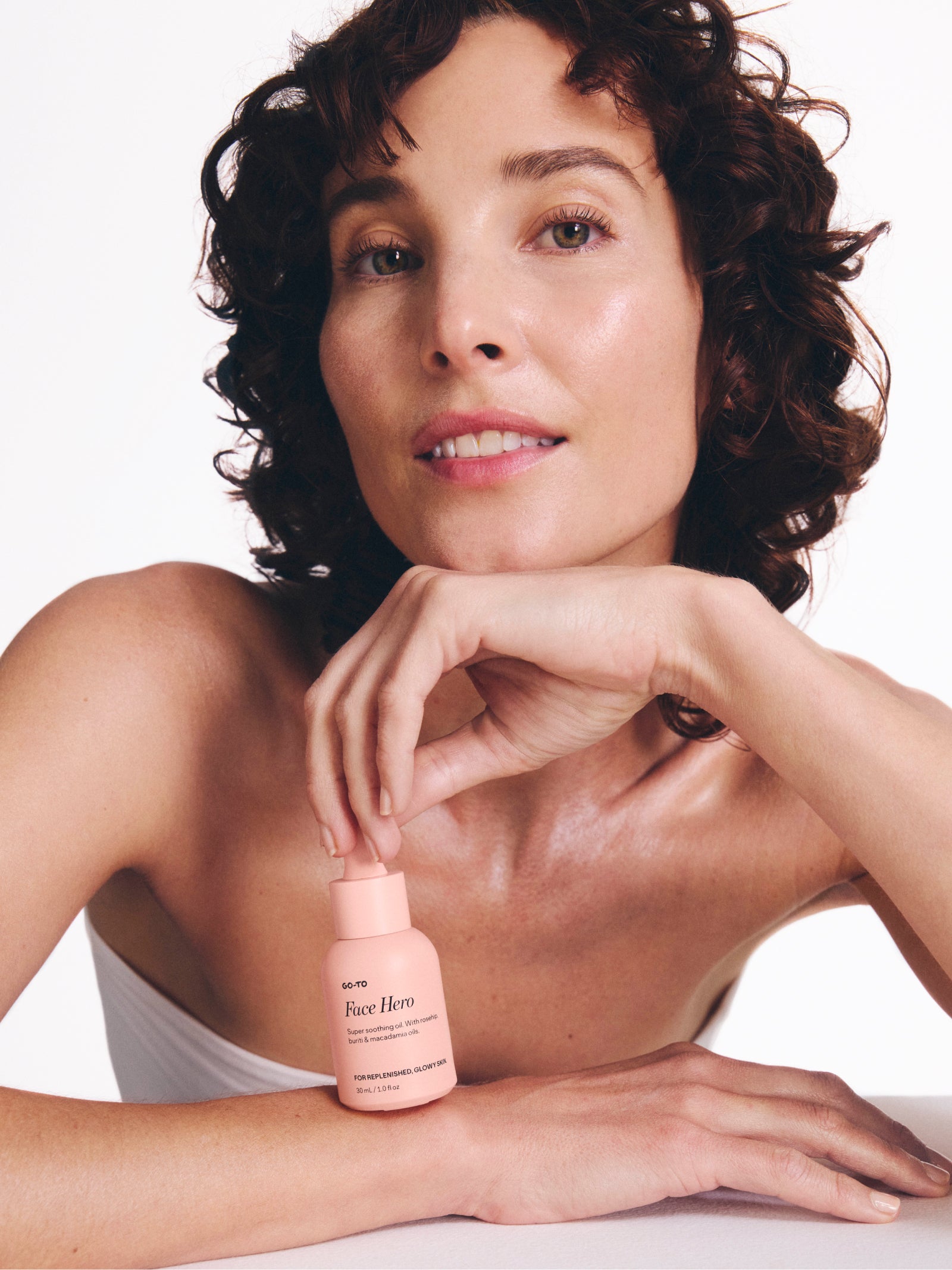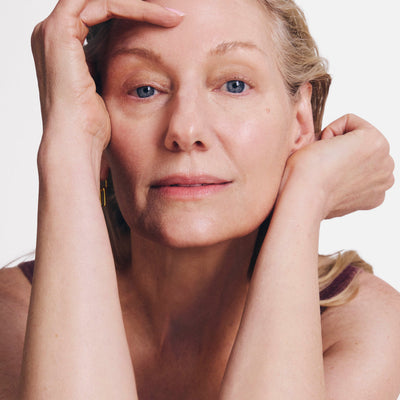There are many, many things peach staff have in common including the magnetic pull to drop a couple of hundred dollarydoos when Venroy announces their 50% off sitewide sale…So we’re great at all things shopping, snacks, skincare (obviously) but not so great at financial literacy. And that’s why our Chief Marketing Officer, Leonie, organised for multi-award-winning financial advisor, Victoria Devine, to drop by the office and give us a talking to.
A considered combo of it being International Women’s Day, our majority female employees, and the fact that we are likely to retire with 23% less super than our male counterparts, Victoria had us feeling all kinds of angry, scared, inspired and empowered. So after we immediately subscribed to her podcast and placed an order for her two books, She’s On The Money and Investing In She’s On The Money, we reflected on a few key learnings from the session.
Your money story has nothing to do with you.
Instead, it has everything to do with the way you were raised and what financial habits you were witness to. Perhaps you came from a single income household where luxuries were scarce, or maybe you went skiing in Aspen every winter, ‘cos you could.
However your finances make you feel now - panicked, guilty, proud - is a direct result of your upbringing and how you were conditioned to spend (or not spend). But, great news, you can rewrite your money story by acknowledging where your values lie.
It’s never too late to start your wealth creation journey.
Comparison, in any facet of life, is the thief of joy. Stop looking at how much your best friend has saved, don’t dwell on the fact your younger cousin just bought a house, and definitely ignore Pete The Intern when he tries to justify cashing in on crypto.
You can shift your mindset into wealth creation at any age. The amount of resources now available to help you establish a non-restrictive budget, automate your cash flow, and take control of your Super, means literally anyone can equip themselves with all that is needed to make and manage your money goals.
Beware of lifestyle creeping.
This guy tends to sneak up on you without warning! A phenomenon we’ve all fallen trap to; it’s when previous luxuries are now perceived as necessities. So because you got that raise (go you good thing!) you don’t think twice about upgrading your wardrobe, for example. Splurging at Sir The Label becomes the new Princess Polly haul, and before you know it, you’re driping in designer items you happily lived without prior.
Investing is simple(ish).
Take me, relaying this point, with a grain of salt. Because I’m still gonna need a bit of schooling before I take my savings to the stock market. However, Victoria repeatedly reminded us that investing is a tried and tested method for long-term financial gain. Whether you start with 1c, $10 or $5,000 you will always create wealth. (What about the GFC? The stock market fully recovered, and more. What about the global pandemic? The stock market fully recovered, and more.)
Where you’re going to struggle, like any seasoned investor, is the emotional investment that comes with watching those figures ebb and flow. Trusting that opportunity will arise when the economy is crapping itself is like watching Daryl Braithwaite try to match Harry Styles charisma on stage. When will it end.
Compound interest is the 8th wonder of the world.
Or at least, that’s what Einstein said. And he is/was intelligent. We’ll trust him. It’s essentially making your money make more money for you, over long periods of time, and with very minimal effort too. Most savings accounts come with compound interest but the higher the rate the better results for you.
Say you put $10,000 into a savings account with 3% interest compounded monthly:
- After five years you’d have $11,616. You’d earn $1,616 in interest.
- After 10 years you’d have $13,494. You’d earn $3,494 in interest.
- After 20 years you’d have $18,208. You’d earn $8,208 in interest.
“Super is sexy”.
I’m still coming to terms with the fact that Super isn’t just yours to take upon retiring. All that money remains in your account, invested continually, and that growing pool is what provides you with an annual income stream until the ol’ ticker stops. Surely that’s not just news to me?!
A lot of us assume ‘oh I’ve got super, my cash is busy working hard for me, it’s all good’. It might not be. Take advantage of the advisors that work for your fund (they’re nice people and totally qualified to answer your questions!): figure out your risk profile, know what you need to contribute above and beyond the 10.5% salary allocation to be able to retire comfortably, and do not sleep on the first home buyer saver scheme - it’s a couple of quick forms that will generate more bang for your buck if property is a goal for you.















Comments